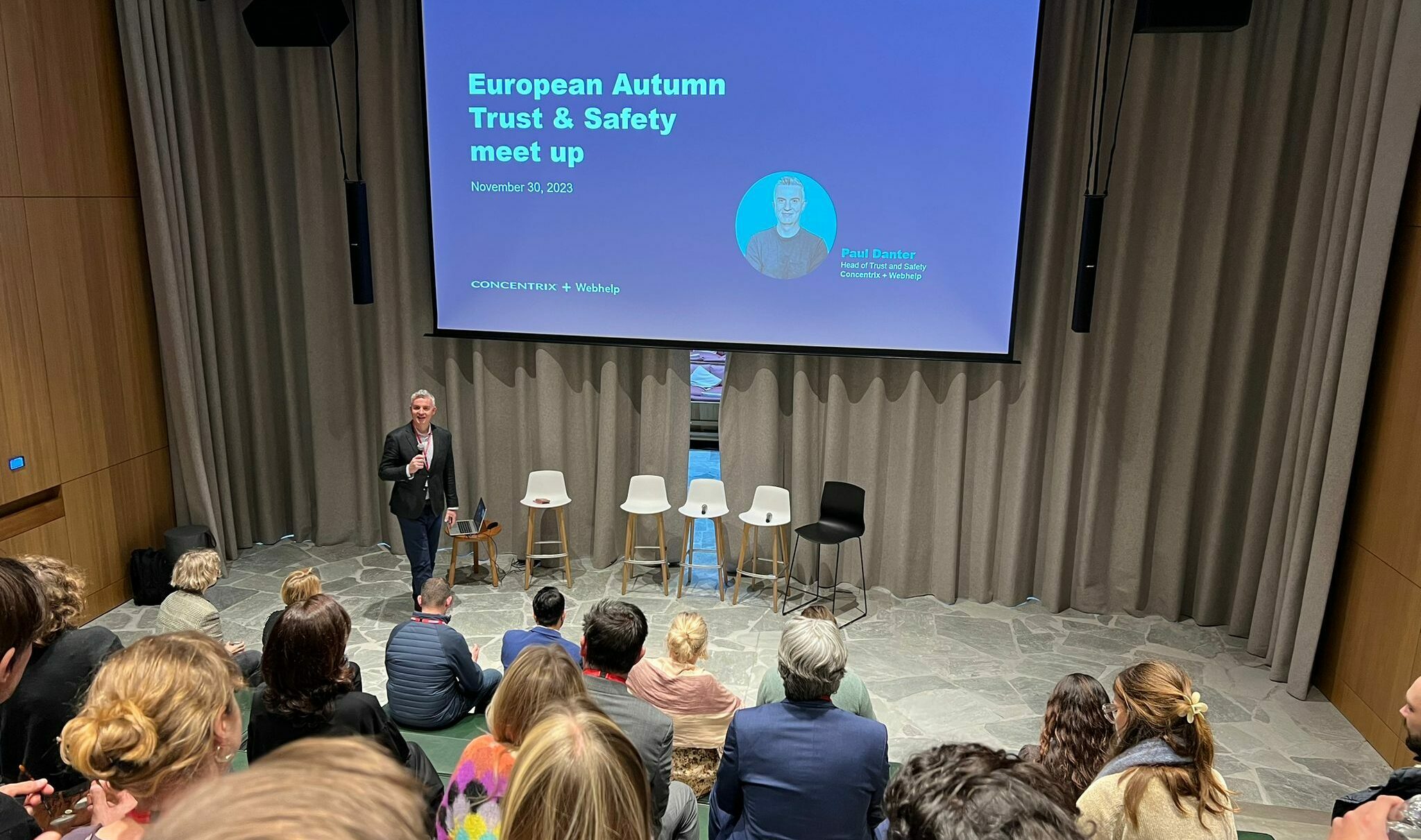More than a decade ago, there was a consumer backlash in some industries against the offshore outsourcing of contact centres. Some customers complained that they did not want to talk with advisors far from home. I can remember a few very smart companies back then experimenting with the option to speak immediately to an offshore advisor or to wait until a local advisor could be located. The customer was given the choice.
The results I remember then were that most customers wanted immediate service and would not wait for a local advisor, so although there was a lot of noise about offshoring, when it came down to actual calls most customers just wanted a fast service. Things have moved on since those days and many brands do make a virtue of answering calls locally in some industries such as financial services. But overall, the marketplace is far more intelligent today with a blend of both local and offshore contact centres.
I was reminded of these experiments in customer choice when I read a report recently about asking customers if they would pay more for a better experience. It’s something we are used to in many industries. Airlines offer a fast check-in, lounge with a free bar, and a flat-bed on board if you are prepared to pay for business class. The alternative is a long line at security, waiting in a burger bar, and a tiny seat with no room to even use a laptop computer.
The Capgemini researchers recently attempted to quantify some of these ideas around how much customers would pay for a better experience. 81% said they would pay more if they could get a better service and a key driver of this attitude seemed to be that most customers don’t feel they are listened to – even if they are loyal to a brand.
Capgemini also found that the digital experience is essential today. They audited more than 80 different digital experiences, such as being able to edit your personal data and personalising services via your phone and created a digital cx index (DCX). They found that there is a direct relationship between the DCX score and how much a customer is willing to spend with the brand. In fact, each single DCX point was worth an additional 0.6% in willingness to spend more with the brand.
The Capgemini data suggest that only 19% of brands are actually keeping pace with the service that customers expect today and yet their data also directly points to a willingness to spend more if the brand offers a great experience.
The message is clear, most brands are not yet meeting customer expectations and are therefore missing out on the opportunity for their customers to spend more if the service they receive meets (or exceeds) their expectations. The importance of placing CX at the heart of your business strategy could not be more clearly demonstrated.
What do you think about the Capgemini research findings? Leave a comment here or get in touch via my LinkedIn.

![[Fashion] Choosing the right partners to grow your business in 2024, at a time when trust is fragile](https://media.webhelp.com/wp-content/uploads/2023/12/21090253/Office-Showcase-2.png)


